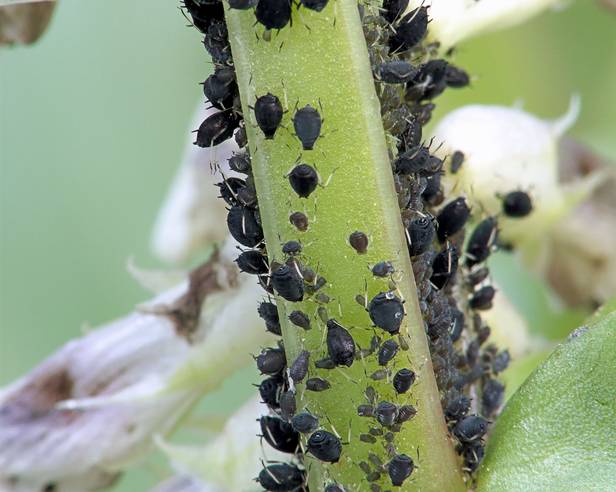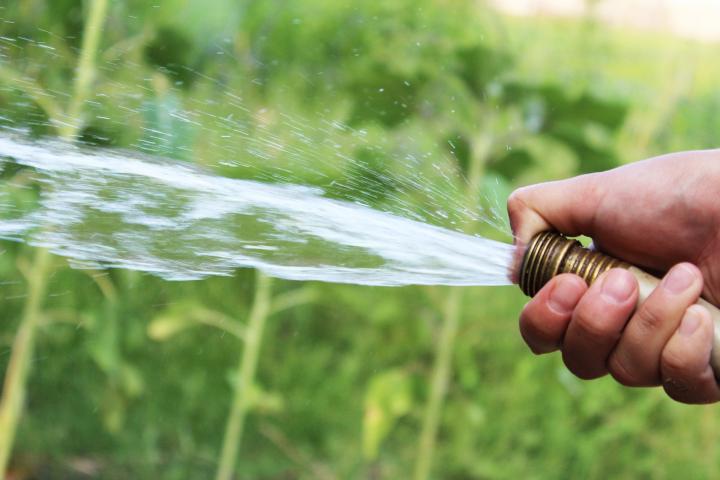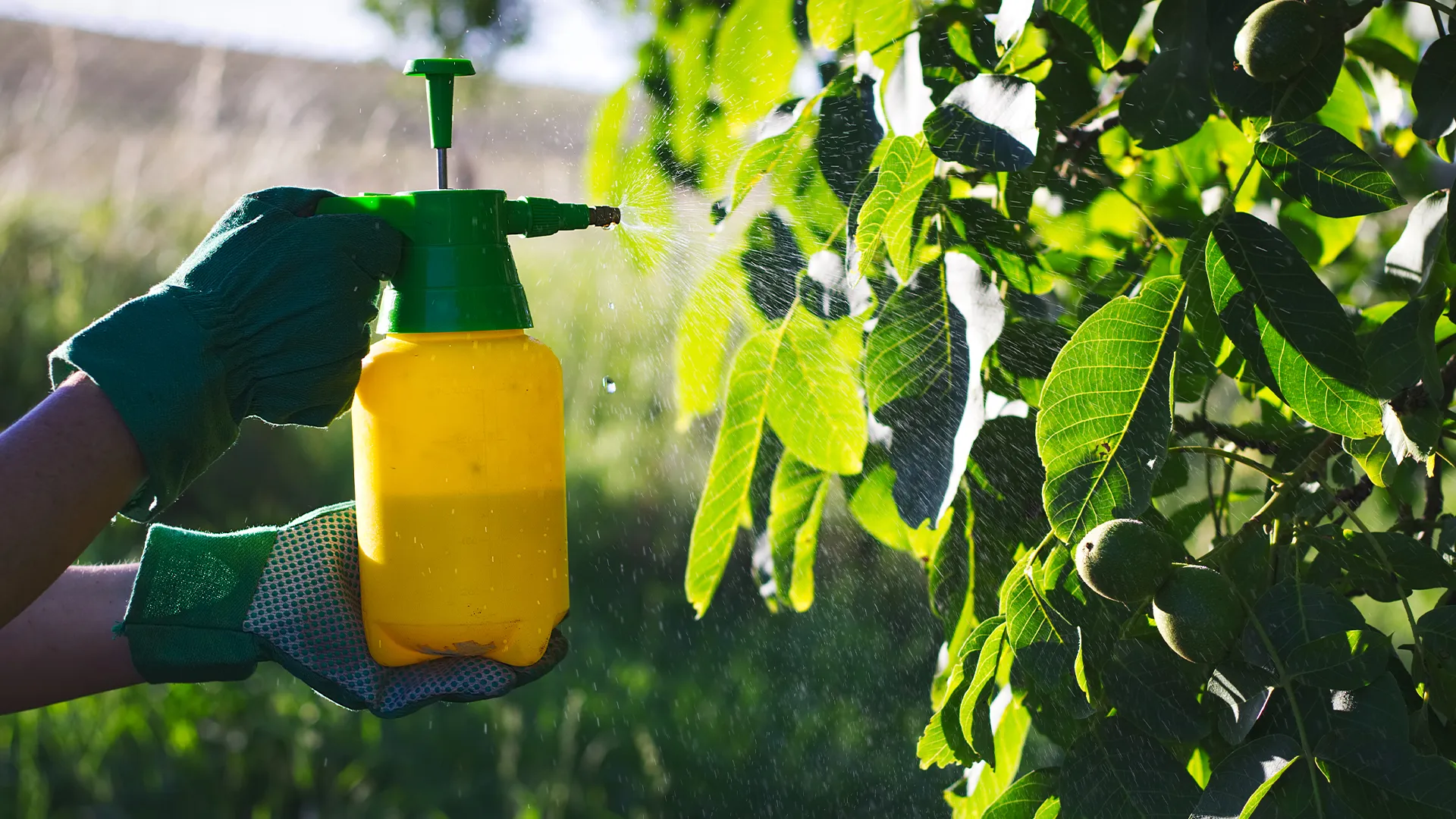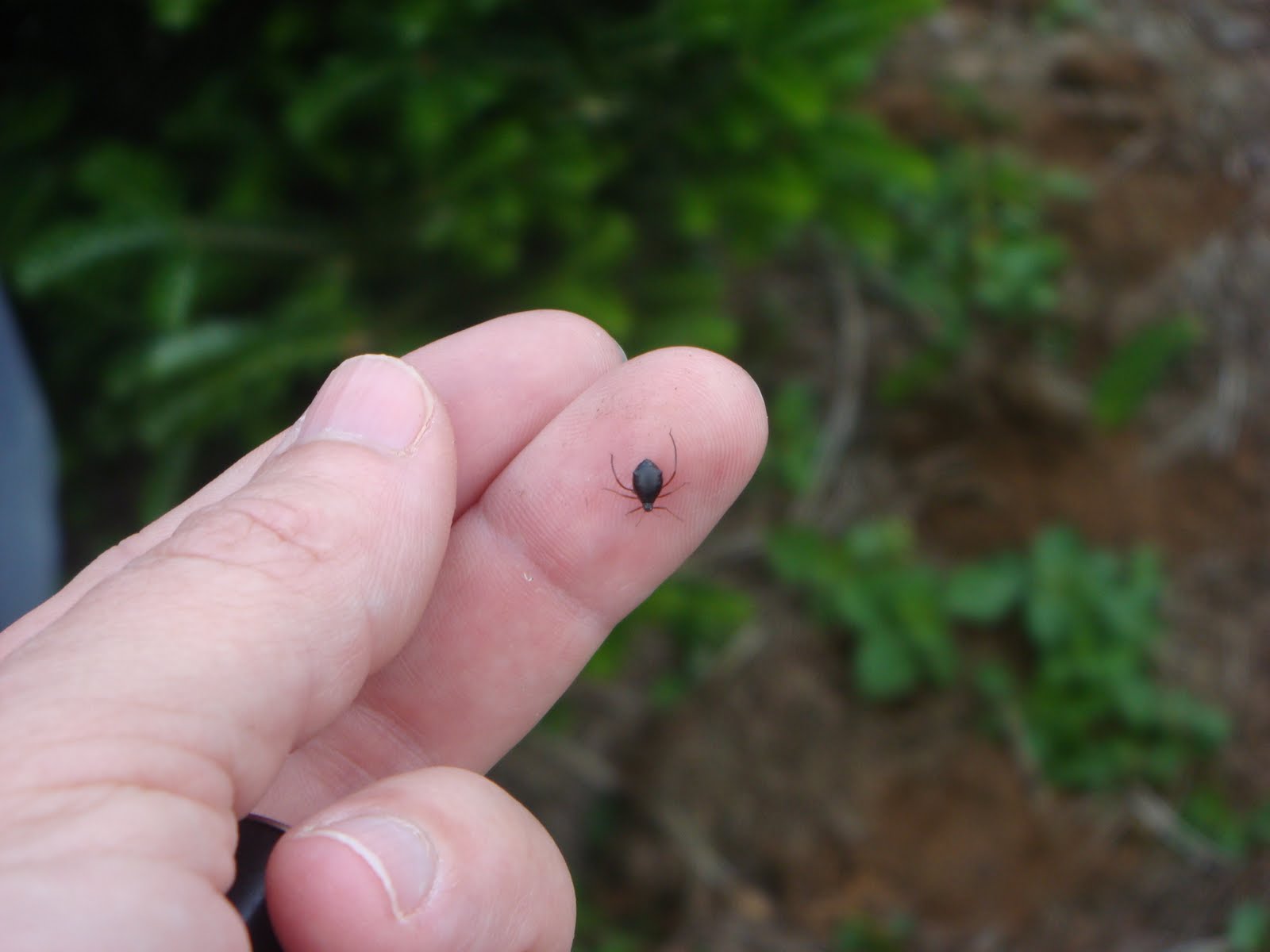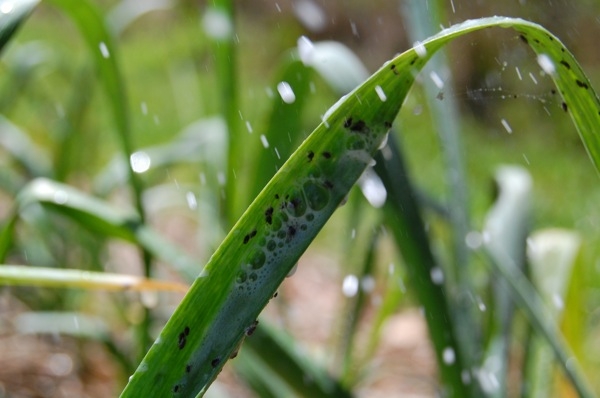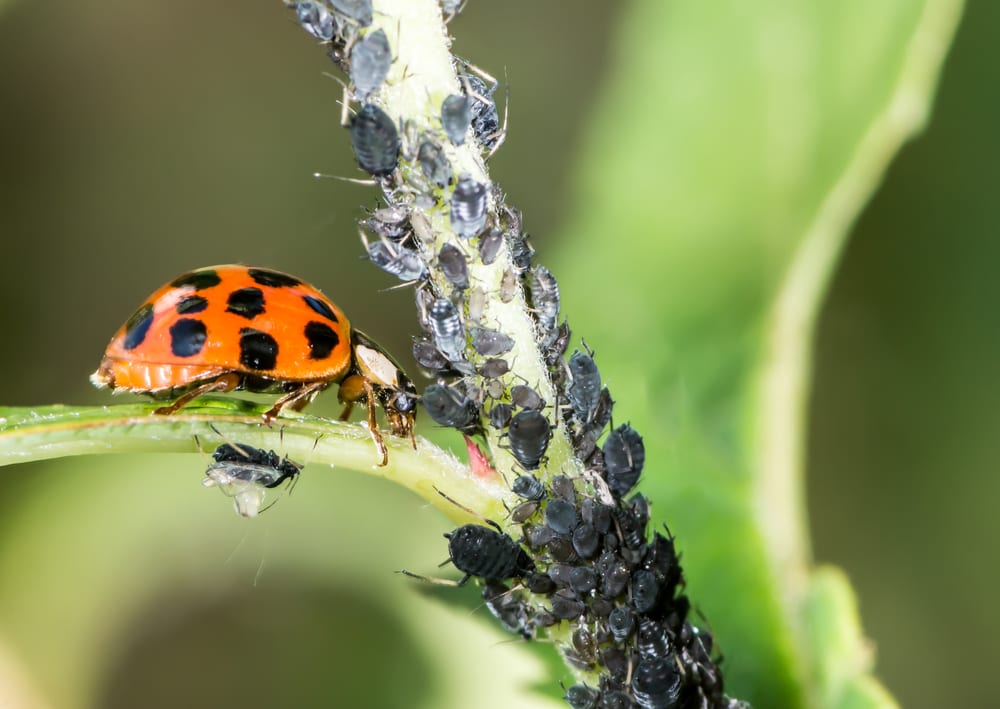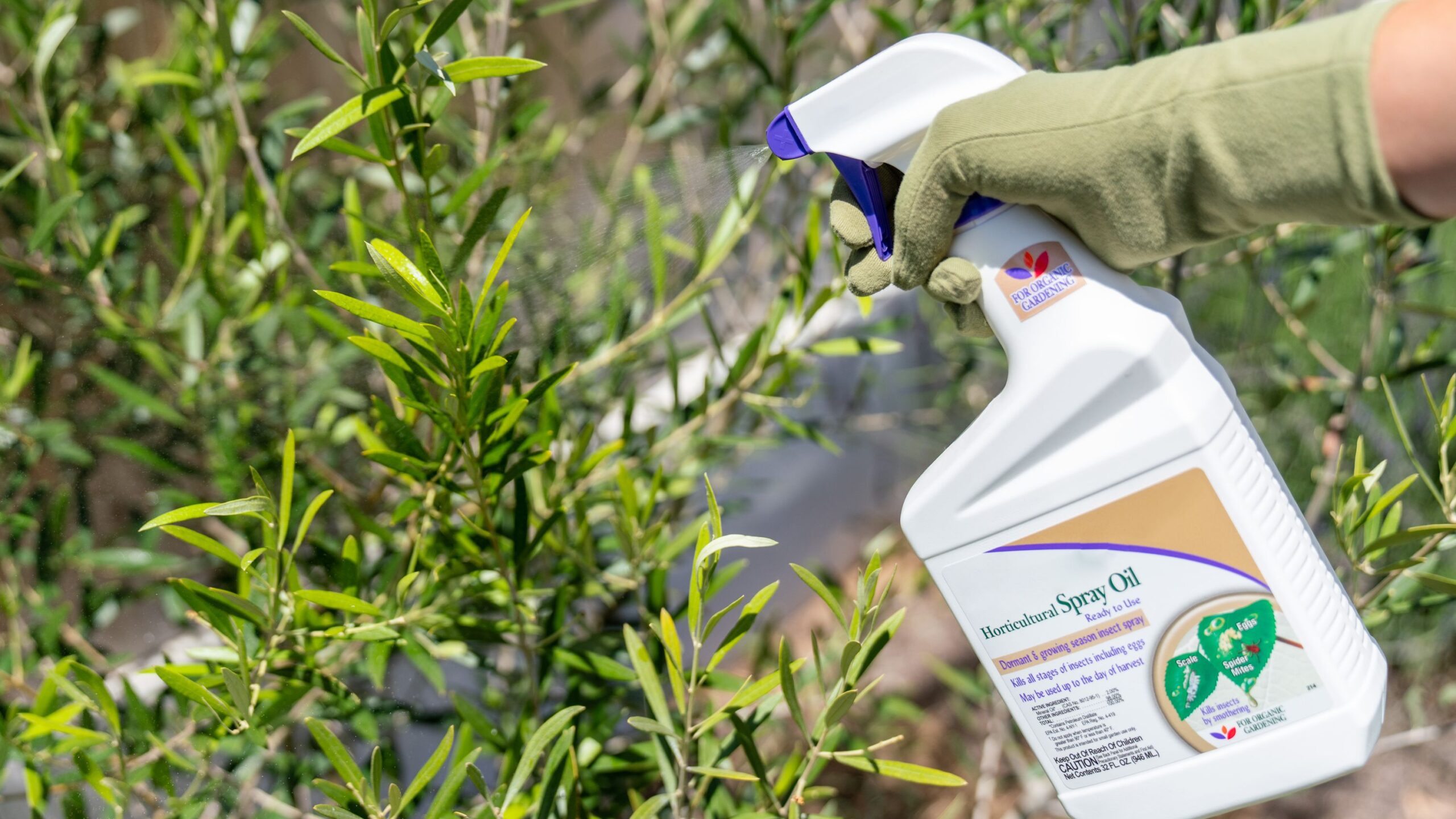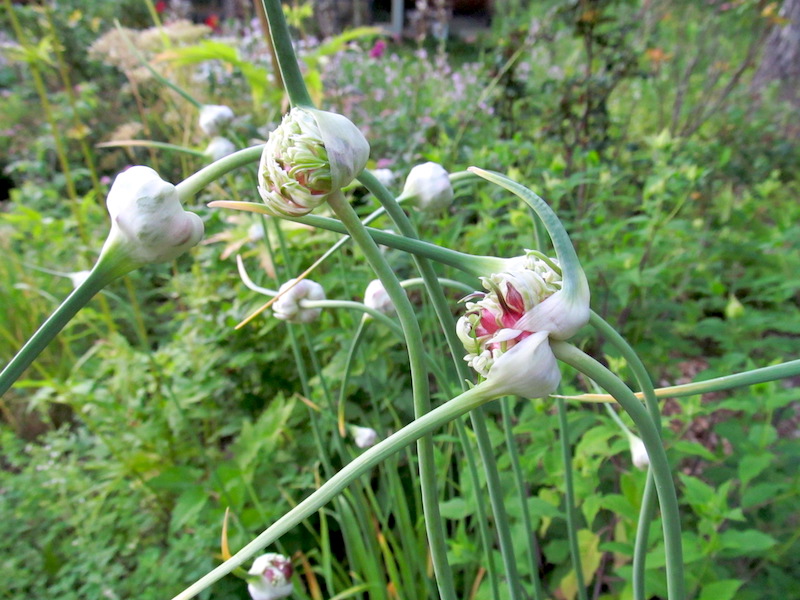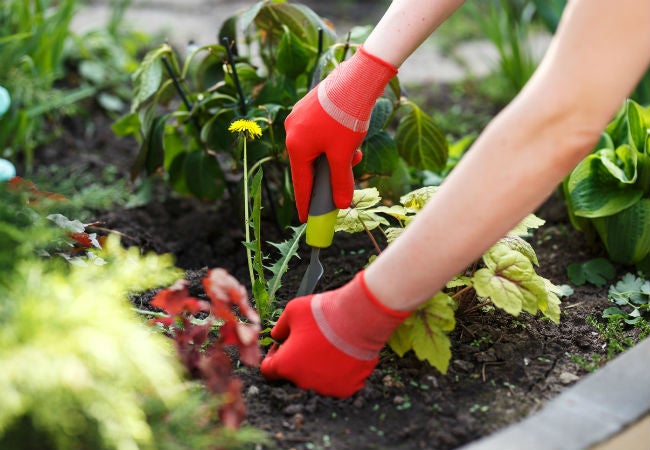Black aphids are tiny-sized bugs that have huge appetites. However, some simple tactics are going to help you keep those bugs under control. Most gardens are home to several aphids. On healthier plants, these insects won’t cause harm.
Beneficial insects like ladybugs can help reduce the number of aphids. Aphids become a serious problem when you overcrowd the plants and provide poor soil conditions that cause stress to your plants. What is the best treatment for your plants and eliminate the aphids?
Identifying Black Aphids on Plants
The first sign of the aphid infestation isn’t the visible presence of those bugs themselves. But you will see the symptoms of the aphids feeding, such as yellowing foliage, curled and twisted leaves, dead or stunted shoots, and event slow plant growth.
The most noticeable damage usually is on the new growth and shoot tips, with the unopened flower buds. Take a closer look at the plant parts that are damaged, especially on the developing stems and young leaves’ undersides. You are going to find many black aphids crowded together.
Aphids come in various colors ranging from black, red, brown, and yellow, to green. These bugs will suck the sap from plant parts that are tender and cause damage to your plants. As the bugs feast, they will excrete honeydew, the sugary substance of the plants.
Best Way to Get Rid of These Aphids
When the population of aphid explodes and start causing some noticeable damage to buds, stems, and leaves, you need to do something immediately. Deal with aphid infestation immediately will help you stop the pests sooner and save your plants. Below are some best ways to get rid of black aphids.
1. Spraying with water
The fastest and safest way you can control those aphids is by spraying the insects off the plants. Use a strong water stream from your garden hose to do this. Aphids are insects with a small and soft bodies. Even a good rainstorm will knock off these bugs easily.
2. Using horticultural oil and insecticidal soaps
This way to control black aphids has low risk to the environment and people. However, you still have to follow the instructions shown on the label. These elements are going to kill the aphids as long as you apply them regularly.
Apply the horticultural oil and insecticidal soaps during heavy infestations. It is crucial since aphids will reproduce quickly. The oil and soap will only kill the insects when they touch the bugs directly. This means you must reapply them frequently until the entire pests are gone completely.
When eliminating the big black aphids, you need to spray the leaves on top and undersides. Keep in mind that both oil and soap will also kill some beneficial bugs. Make sure that you apply these products only to target pests.
Also read: Best Plant Identification Apps
3. Crushing black aphids with fingers
If the bug infestation isn’t so heavy and it won’t be too hard to clean them off, simply rub your fingertips and thumb gently over the stems and leaves of your plants. Those insects are delicate and very soft. You can crush them easily with light pressure.
This won’t eliminate every single bug. But this method will help your pant enough so that they can grow healthy foliage again. Check your plants back every couple of days and see if you have to repeat the method and eliminate the black aphid bug again.
4. Using homemade spray
If the aphids are in a larger number, you need to make the best spray for aphids to keep your plants healthy. Create a homemade spray by mixing a quart of water with some teaspoons of dish soap. And then use this solution by spraying it onto the buds, stems, and leaves of your plant.
Keep in mind that aphids love to hide beneath some leaves. You need to coat the leaves’ underside thoroughly. Repeat this procedure every three or at least two days for the upcoming few weeks. Stop spraying the plants if there are no longer aphids on your plants.
Also read: DIY Mini Greenhouse
5. Bring in the beneficial bugs
Some species of insects or bugs like parasitic wasps, lacewings, and also lady beetles will munch on the aphids happily. If you provide flowering ground covers that will supply nectar during the growing season, you are going to attract those beneficial insects to your garden.
Those insects are going to control the population of aphids. You can also purchase natural predators from an online store. If you want to introduce beneficial insects in your garden, avoid using the broad-spectrum pesticide since this chemical will also kill those beneficial bugs.
6. Applying the dormant oil
Dormant oil is a nice way to clean your plants from black aphids. Dormant oil will control the pests during its off-season, between mid-winter and late-winter. This oil is going to kill the eggs that overwinter on your plants.
Mix water with dormant oil in your garden sprayer. Follow the directions on the oil packaging when mixing it with water. And then apply the solution to the trunk, branches, stems, and leaves of your plants. Reapply this procedure according to the directions on the label.
Also read: Indoor Climbing Plants
7. Choose the right neighboring plants
To deter the aphids, you can grow some strongly scented plants like onions, leeks, garlic, sage, chive, and oregano. Plant them in the garden area where you see aphid infestation. You can also grow some plants that will attract aphids on the other side of the garden.
Some plants that will attract aphids and keep them away from your beloved plants are nasturtium and calendula. They will draw away the aphids from the garden’s affected area. Companion planting may be a long-term prevention method, but this is going to help diminish the aphid population significantly.
8. Remove the weeds
Aphids will affect some other plants around the affected plant. they will infest the weeds to spread to the other plants. Before the aphids spread to the other flowers and veggies, remove the weeds around the plants. Some weeds like mustard and sow thistle are attractive to aphids.
Black aphids will destroy your plants. If you see the infestations of aphids, follow the eight steps above and your garden will be safe. Eliminate the aphids and the entire plants in the garden will grow healthily.
